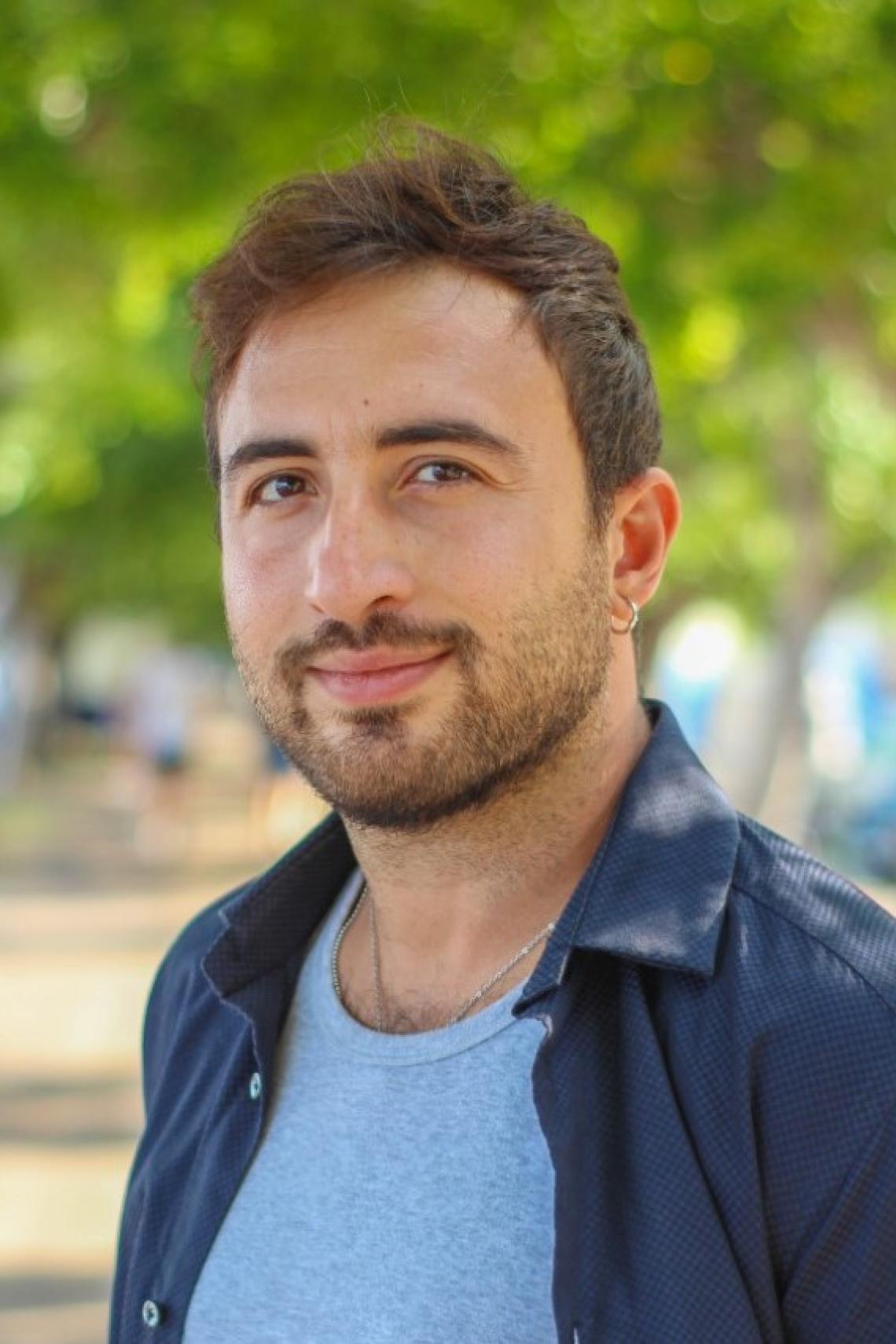Alessandro Corso draws on research on irregular migration to develop resource for schools
ESRC Postdoctoral Fellow Alessandro Corso has collaborated to create an educational resource for schoolchildren that draws on his research on the island of Lampedusa to provide insights into ethnographic methods, the study of anthropology and the reality of irregular migration.
The resource, comprising an article and an activity sheet, was developed with the company Futurum, which works to bridge the gap between academia and schools.
Alessandro carried out fieldwork on Lampedusa as part of his doctoral work. For his current ESRC project he had originally aimed to organise a series of meetings with high school students in Lampedusa and their teachers, drawing on his fieldnotes as well as artworks and poetry produced during his time on the island.
“The aim was to both give students a taste of the experience of being an anthropologist in the field, and share with them understandings around various issues related to irregular migration and the impact this has had on the island of Lampedusa and its inhabitants from multiple perspectives,” Alessandro says.
However, COVID restrictions forced Alessandro to change plans and develop the Futurum resource instead. The resource will be disseminated via Futurum’s online platforms, and printed to be sent out to schools, with some being sent to the school he had initially wanted to work with in Lampedusa.
“The article should encourage students and teachers to further explore issues related to misrepresentation of the so called 'crisis' of irregular migration, to address the phenomenon via experiences and testimonies of migrants, locals, and migration workers whom I worked with”, Alessandro says. It should also enable students to understand how anthropology can be used and the nature of ethnographic methods.
“The format makes it possible to communicate with a wide range of students across the world, thus significantly widening my audience in comparison with my original plans”, he says.
Alessandro trialled the resource with a group of students from an International school in Poland and their teacher, which provided useful feedback. He hopes to return to Lampedusa in September to promote the resource and gather more feedback.
Download the resource here.

